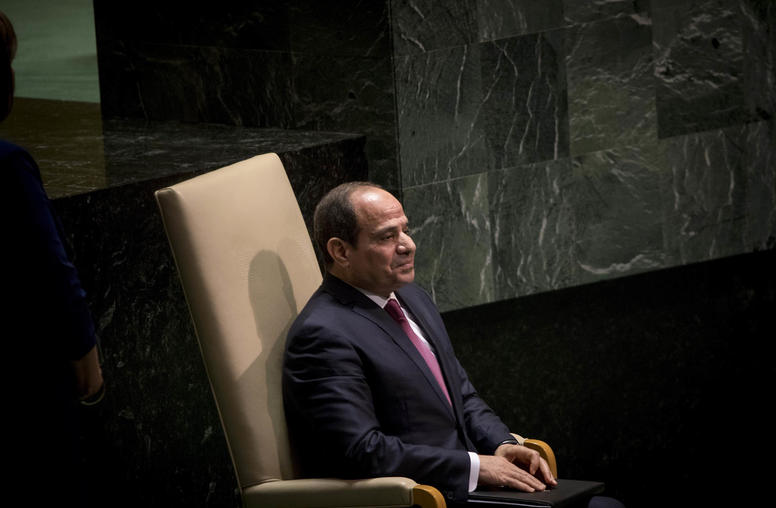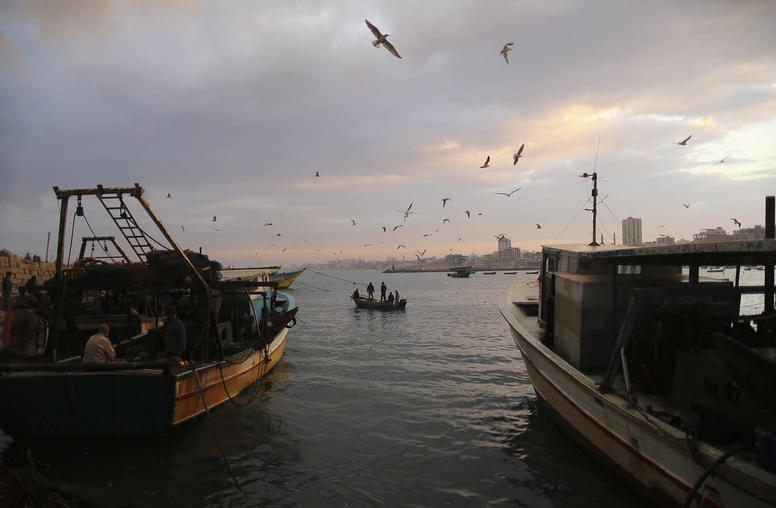A Year of Turmoil
The Arab Awakening and the Path Ahead
In May, President Obama defined the Arab Spring as a “historic opportunity” to redefine and strengthen America’s relationships in the Middle East, demonstrating that “America values the dignity of the street vendor . . . more than the raw power of the dictator.” One year after the “Jasmine Revolution” in Tunisia, has the promise of the Arab Awakening been realized? Please join former national security adviser Stephen Hadley and former Jordanian foreign minister Marwan Muasher on Wednesday, January 18, as they lead an analysis and discussion of what the Arab Awakening means for 2012.

One year ago, the horrific, desperate act of a simple fruit seller set in motion a chain reaction of events that led to the demise of autocratic governments across North Africa – the Arab Awakening.
Former national security adviser Stephen Hadley and former Jordanian foreign minister Marwan Muasher led an analysis and discussion of what the Arab Awakening means for 2012. This first in a series of breakfast briefings was organized by the United States Institute of Peace in partnership with the Defense Education Forum of the Reserve Officers Association, and took place at the ROA’s headquarters on Capitol Hill.
In May, President Obama defined the Arab Spring as a “historic opportunity” to redefine and strengthen America’s relationships in the Middle East, demonstrating that “America values the dignity of the street vendor . . . more than the raw power of the dictator.” One year after the “Jasmine Revolution” in Tunisia, has the promise of the Arab Awakening been realized? What are the key obstacles it confronts? How have the Arab uprisings of the past year affected American interests and American policies in the Middle East? With both Yemen and Syria potentially declining into civil war, and with serious questions about the future of Egypt’s transition to democracy, this Briefing provided an opportunity to assess the consequences and implications of the most significant transformations the Arab world has experienced in more than a generation.
Speakers
- Stephen Hadley, Discussant
Senior Adviser for International Affairs
U.S. Institute of Peace - Marwan Muasher, Discussant
Vice President for Studies
Carnegie Endowment for International Peace - Steven Heydemann, Moderator
Senior Adviser for Middle East Initiatives
U.S. Institute of Peace
Explore Further
- Listen to the event audio
- The Arab Awakening
As the dramatic events of the Arab Spring turn to the more mundane yet vital work of governance, constitution writing and peacebuilding, USIP is on the ground, bringing its unique brand of action and expertise to the effort.



